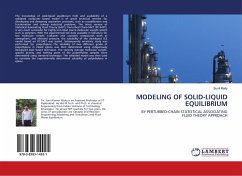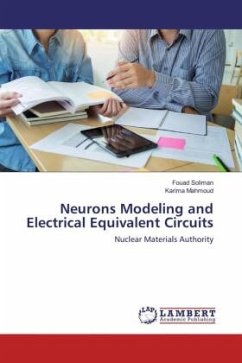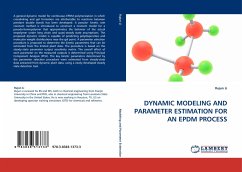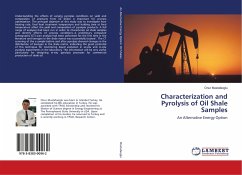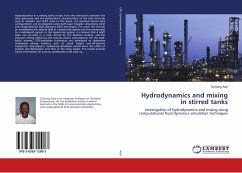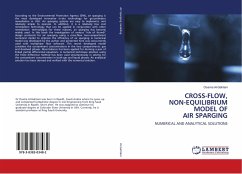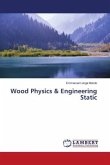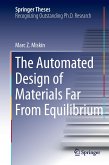The knowledge of solid-liquid equilibrium (SLE) and availability of a validated computer based model is of great technical interest for developing and designing separation processes, such as crystallization and fractionation and solving industrial problems. The latest version of Statistical Associating Fluid Theory (SAFT), Perturbed Chain-SAFT (PC-SAFT), is very much successful for highly non-ideal macro-molecular weight system such as polymers. With the experimental SLE data available in literature for low molecular weight n-alkanes and aromatic compounds both at atmospheric and elevated pressure, the suitability of the developed SLE model based on PC-SAFT was tested. Subsequently sensitivity study was performed for polyethylene. The solubility of two different grade of polyethylene in mixed xylene was then determined using indigenously developed laser based technique. The viscosity average molecular weight, specific gravity, and melting point of the polyethylene samples were determined using standard technique. The validated model was then used to correlate the experimentally determined solubility of polyethylene in xylene.
Bitte wählen Sie Ihr Anliegen aus.
Rechnungen
Retourenschein anfordern
Bestellstatus
Storno

